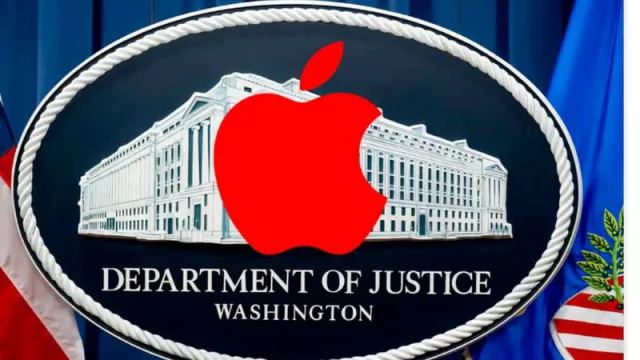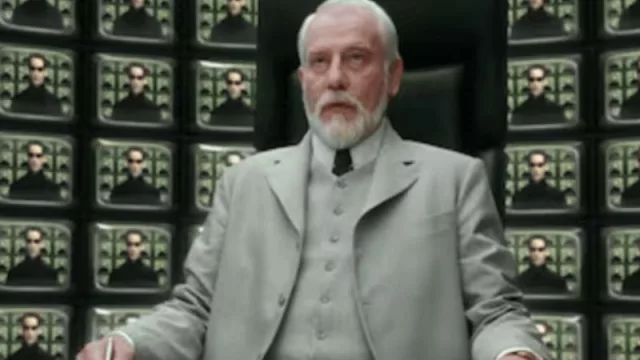The new lawsuit, spanning 88 pages, has been filed by the Department of Justice and the attorneys general of 16 states in a federal court in New Jersey. In it, they accuse the tech giant of violating antitrust laws by blocking its rivals' access to the hardware and software features of its smartphone, thereby hindering their ability to offer alternative products and services to those of Apple itself.
"Apple has maintained a monopoly power in the smartphone market, not simply by outperforming competitors on merit, but by violating federal antitrust law. Consumers should not have to pay higher prices because companies break the law," Garland said in a press conference alongside his team of prosecutors. "If left unchecked, Apple will continue to reinforce its smartphone monopoly," the attorney general added. Apple holds a 70% share in the U.S. market for high-performance smartphones. "Apple has maintained its power, not through superiority, but through illegal exclusionary behavior," Garland argues.
The lawsuit not only affects Apple's lucrative services business but also strikes at the heart of its business model, where users are part of a network in which they are somewhat trapped and dependent on what the company offers. If successful, it could imply not only fines and economic compensations but also changes of great significance in the way it operates.
Apple believes the action is misguided "from both factual and legal standpoints." "This lawsuit threatens who we are and the principles that set Apple products apart in fiercely competitive markets. If successful, it would hinder our ability to create the kind of technology people expect from Apple, where hardware, software, and services intersect. It would also set a dangerous precedent, empowering the government to forcefully intervene in people's technology design," the company said in a statement.
"Apple has employed a strategy based on exclusionary anticompetitive behavior that harms both consumers and developers," Garland continued. "For consumers, this has meant fewer options, higher prices and fees, lower quality smartphones, apps, and accessories, and less innovation from both Apple and its competitors. For developers, it has meant being forced to play by rules that isolate Apple from competition, and, as stated in our lawsuit, we allege that Apple has consolidated its monopoly power not by improving its own products, but by worsening others'," he said.
According to the Department of Justice, Apple carries out its exclusionary anticompetitive conduct in various ways. Firstly, Apple imposes contractual restrictions and fees that limit the features and functionalities developers can offer to iPhone users. Secondly, Apple selectively restricts access to the connection points between third-party apps and the iPhones' operating system, degrading the functionality of non-Apple apps and accessories. As a result, for most of the past 15 years, Apple has collected what Garland has called "a tax in the form of a 30% commission" on the price of any app downloaded from the App Store. Apple has also suppressed the appearance of programs such as cloud streaming apps, including gaming apps, as well as super apps that could reduce users' dependence on Apple's own operating system and its expensive phones, which, as it has been keen to remind, cost up to $1,600.
The court order required Apple to allow developers to provide links and buttons to direct consumers to alternative payment options. Last week, Epic demanded that Apple be held in contempt, arguing that the new rules and a new 27% fee imposed on developers made the links practically useless.
It's not just Apple...
The Department of Justice filed two lawsuits against Google. One, still under the Trump administration, accused the company of alleged abuse of its dominant position in the search engine market, which has gone to trial and is awaiting judgment. Another was filed by the current attorney general for the company's monopolistic behavior in the digital advertising market and is still pending. The FTC unsuccessfully attempted to stop Microsoft's acquisition of video game firm Activision with another lawsuit. Additionally, last September, it sued Amazon, accusing it of illegally restricting competition and thereby "inflating prices, degrading quality, and robbing consumers and businesses of innovation."












Tu opinión enriquece este artículo: